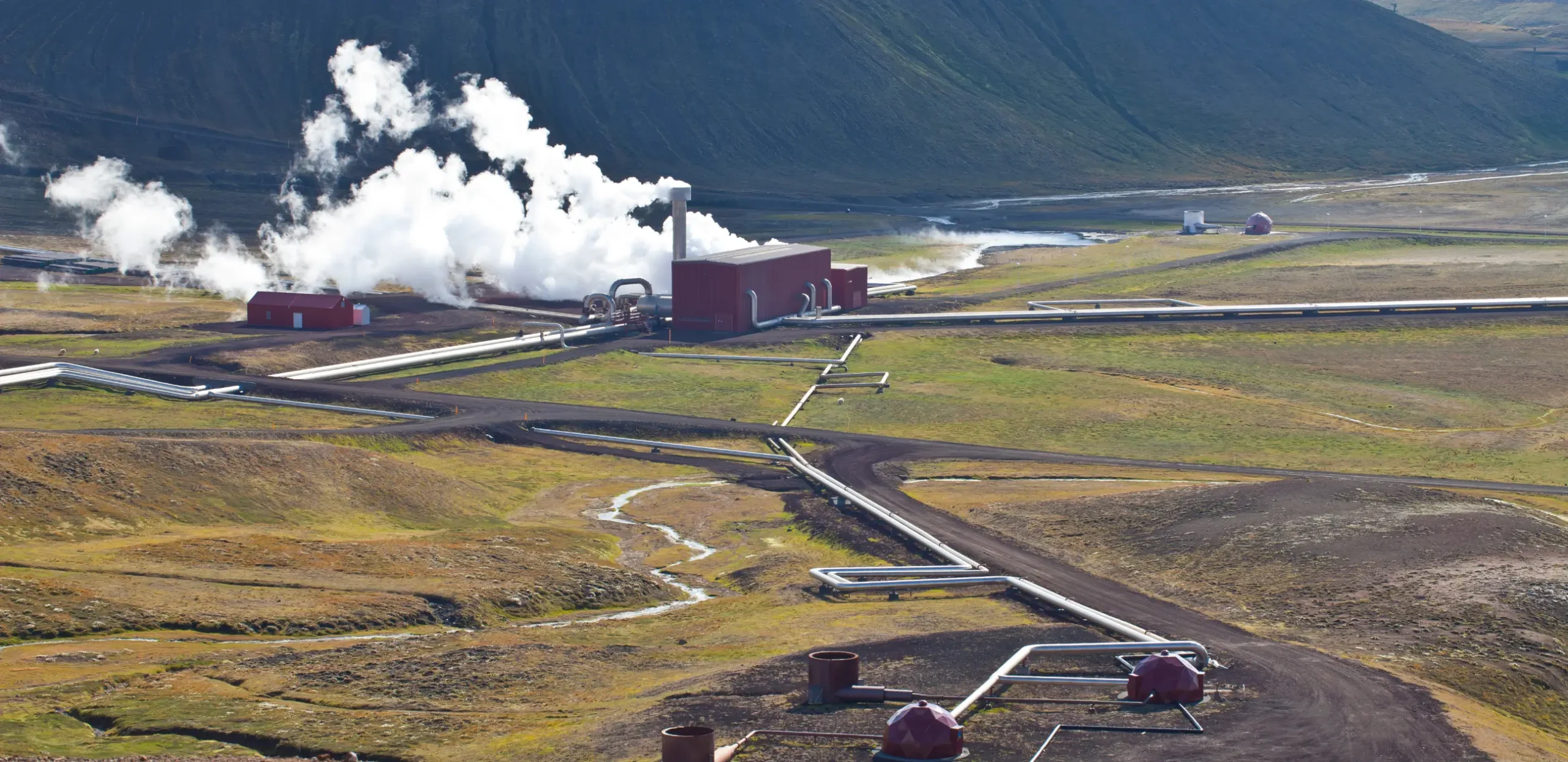Make Enquiry

Energies
Geothermal
Low-enthalpy geothermal plays a vital role in reducing greenhouse gas emissions when utilised in district heating, greenhouse agriculture, industrial processes and balancing intermittent renewable energy sources. Optimisation of well design, performance and reduction in operational costs is pivotal to the successful commercial deployment of low-enthalpy geothermal.
The unique properties of Glass-Reinforced Epoxy (GRE) make it well-suited for this demanding environment.
Our Expertise
01
Corrosion Resistance
GRE materials are highly corrosion-resistant, making them ideal for use in aggressive environments like geothermal wells. They can withstand exposure to corrosive fluids and resist degradation over time, ensuring a longer lifespan for the tubing and casing.
Scaling Prevention and Cost Reduction
GRE tubing and casing, with their corrosion-resistant properties, significantly reduce the formation of scale deposits, minimizing the need for costly maintenance and remediation procedures. By preventing scaling, GRE tubing and casing ensure optimal flow rates and thermal conductivity, maximizing energy production and reducing operational downtime.
High Strength-to-Weight Ratio
GRE materials are lightweight yet possess high strength. This is beneficial for ease of handling during installation and reduces the load on wellhead equipment. Additionally, the high strength-to-weight ratio contributes to the overall structural integrity of the well.

